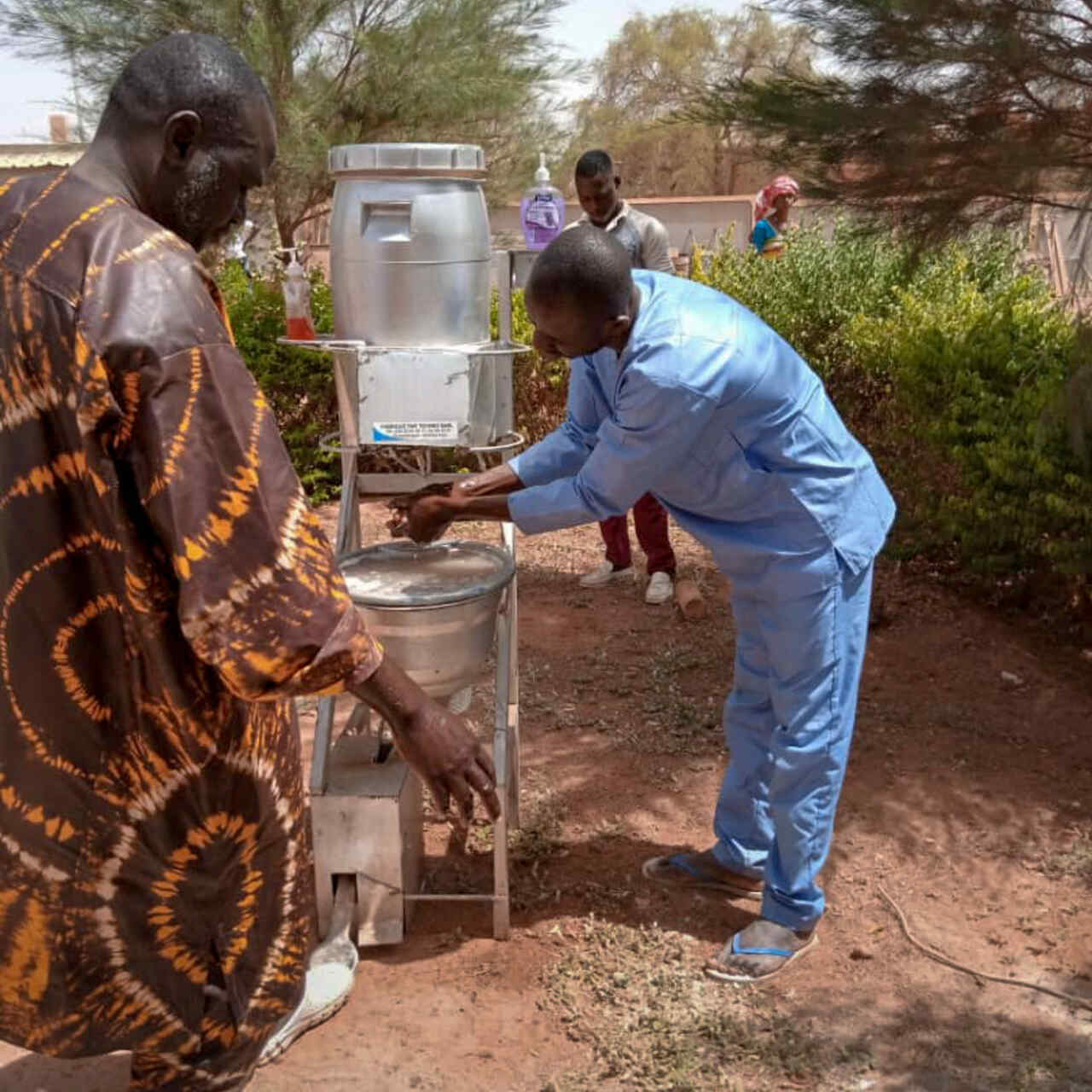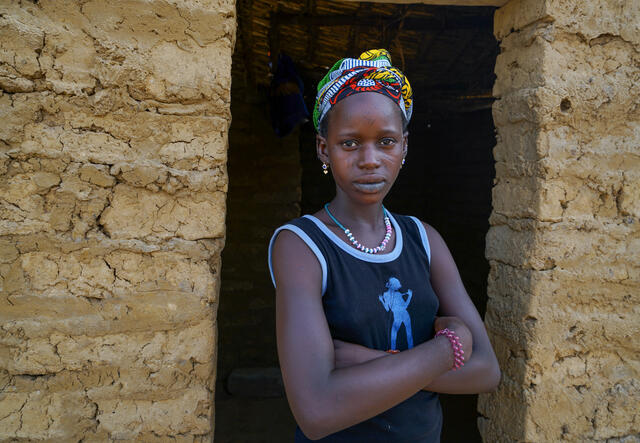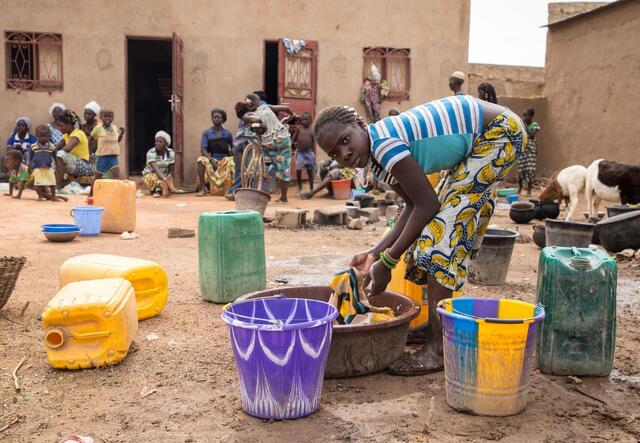
Burkina Faso: Coups and conflict drive crisis
Here are four reasons why the IRC’s 2023 Emergency Watchlist ranks Burkina Faso as one of the top 10 countries most likely to experience a worsening humanitarian crisis.

Here are four reasons why the IRC’s 2023 Emergency Watchlist ranks Burkina Faso as one of the top 10 countries most likely to experience a worsening humanitarian crisis.
Attacks by non-state armed groups, often affiliated with al-Qaeda or the Islamic State, are increasing humanitarian needs in Burkina Faso. In 2022, as political instability divided the country, the military twice seized control of the government. Recent calls for the expansion of vigilante groups could increase levels of conflict in 2023.
Non-state armed groups now control 40% of Burkina Faso’s territory, mainly in the north near the country’s border with Mali. Vigilante groups have responded with violence; political conflict nearly doubled from 2021 to 2022.
The number of internally displaced people from Burkina Faso grew to 1.7 million in 2022 (from 90,000 in 2019). People in need of emergency aid now stand at 4.7 million (an increase of 40%). As conflict intensifies, the crisis will worsen.

Watchdog organisations list Burkino Faso as one of the most difficult places to deliver aid. Ongoing conflict in the north has cut off humanitarian support. Meanwhile, a significant shortfall in donor contributions has left the international humanitarian response two-thirds short of its fundraising target, meaning that more and more people will suffer in the coming year.
Members of the military seized power twice in 2022, increasing both political insecurity and economic uncertainty. Lt. Col. Paul-Henri Damiba was sworn in as president of the transitional government in March, only to have Capt. Ibrahim Traoré dislodge him in September.
After taking control, Traoré launched a campaign to recruit 50,000 “civilian defense volunteers.” This accelerated the rise in vigilante groups, leading to more violence and insecurity. In response, the U.S. cut $160 million in aid to Burkina Faso and has removed it from a program facilitating trade between the countries.
Violence in northern Burkina Faso has made it difficult for communities to farm. Additionally, the inflation of food prices reached 30% - among the highest in the world. Acute food insecurity is widespread across northern and eastern Burkina Faso. Some households in areas controlled by armed groups are nearing starvation and facing catastrophic levels of food insecurity.

In 2019, the IRC started working in Djibo, which hosts a large internally displaced population and is currently under siege by non-state armed groups, severely affecting humanitarian access. We deliver clean water and sanitation services and have established primary and reproductive health care programs and community-based services to prevent the spread of disease.
Read more about the top 10 crises the world can’t ignore in 2023, learn how the IRC predicts which countries will face a worsening humanitarian crisis, and download the full 2023 Emergency Watchlist report for profiles of all 20 crisis countries.
Donate now to support the IRC's life-changing work in Burkina Faso and worldwide. We are on the frontlines providing critical aid to crisis-affected people in more than 50 countries, including places on the 2023 Emergency Watchlist.
*Pseudonym used for privacy.